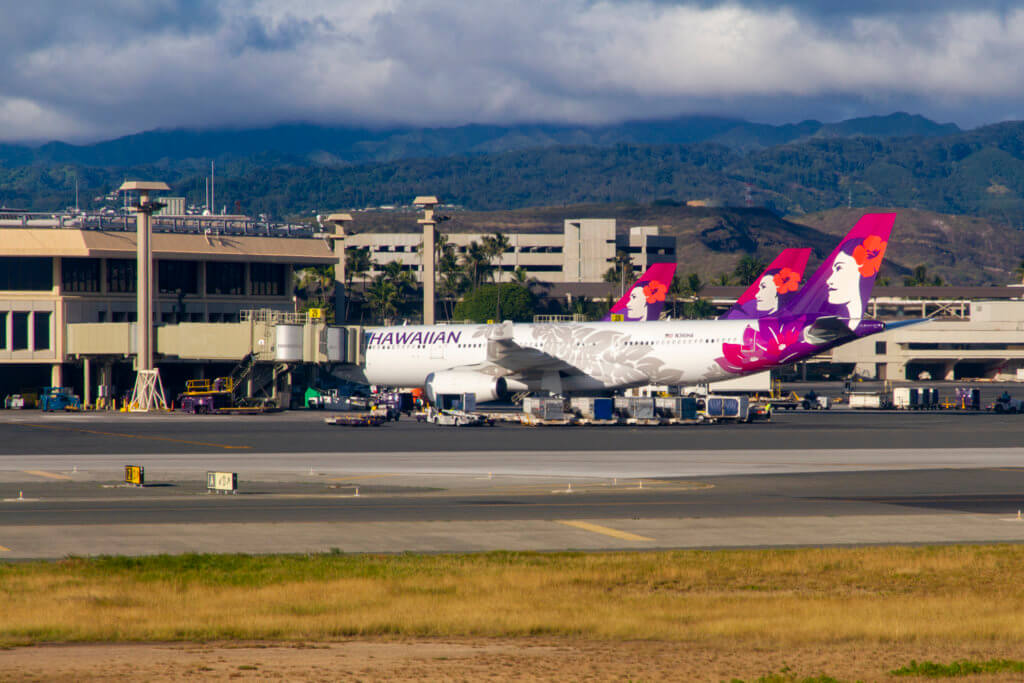Ouch. Last week, the Federal Government gave Hawaiian Air an answer they didn’t want to hear. The application for the Hawaiian-Japan joint venture request was rejected.
Rejection, Sort of
Last week, the Honolulu Star-Advertiser broke the news that the Hawaiian-Japan joint venture application was rejected. But it wasn’t a flat out rejection. Just the most important part of their joint venture request was; the antitrust immunity. This means the two airlines cannot coordinate on pricing and schedules.
What Hawaiian and Japan Airlines got approval for, though, is the ability to sell each other’s flights and coordinate on marketing and frequent-flyer programs for flights between Hawaii and Japan. That, though, is a small consolation. Without antitrust immunity, the Hawaiian-Japan joint venture is little more than a glorified codeshare agreement. And, while I applaud such a customer-friendly decision, it’s unusual given the current administration. And especially given the current competitive environment.

Why This Matters
As we all know, Hawaiian is in a bit of a sticky situation. That’s because, not only is Southwest putting major pressure on Hawaiian, but ANA is too. You see, ANA has two A380s flying between Hawaii and Japan right now. And, beginning next year, they’ll have a third in service. That’s a MASSIVE increase in capacity. Plus, Delta recently got approval to operate flights between Honolulu and Haneda too.
Naturally, Hawaiian being the smallest airline in the market also means it has the hardest time competing. That’s why the joint venture with Japan Airlines was so crucial to their strategy going forward. Hawaiian was going to rely on JAL for connecting feed, while JAL was probably going to rely on Hawaiian for most of its Haneda-Hawaii service. It’s also likely why Hawaiian applied for three additional Haneda slots, though they only received one.
Hawaiian-Japan Joint Venture Request Rejected, Final Thoughts
To be clear, this decision isn’t entirely final. Hawaiian can and will appeal the decision. Should the decision become final, though, it’ll be interesting to see what Hawaiian does next. After all, they seem to have put a lot of their eggs in their Japanese strategy basket. But what actually happens, we’ll have to wait to see. And, again, while I prefer to not see more antitrust immunity joint ventures, I still think this situation is unusual. Especially given the large number of competitors in the market. So, why Hawaiian?
